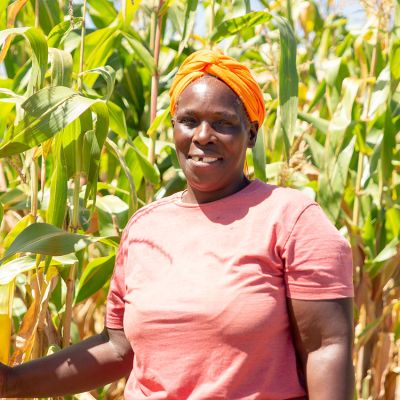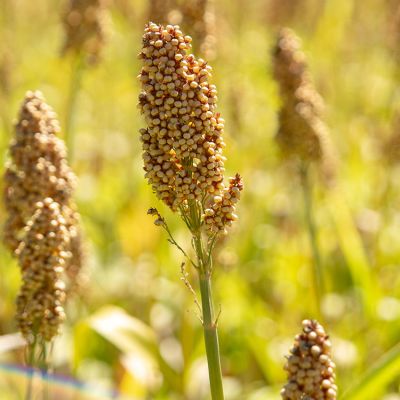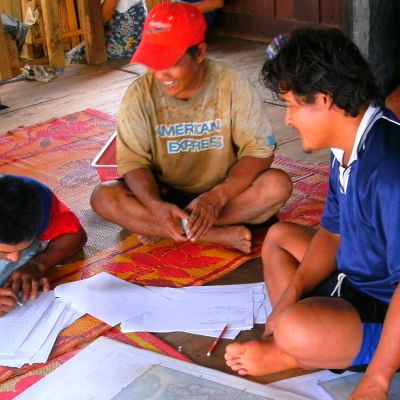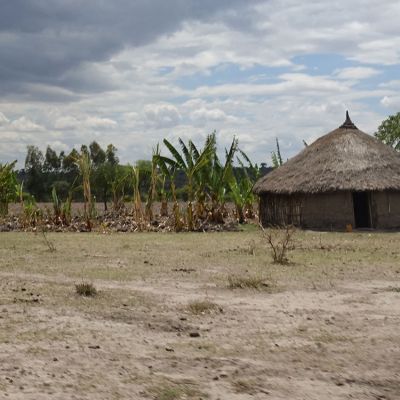Written by Wendy Fung (Church pastor)
5Listen, my dear brothers and sisters: Has not God chosen those who are poor in the eyes of the world to be rich in faith and to inherit the kingdom he promised those who love him?14What good is it, my brothers and sisters, if someone claims to have faith but has no deeds? Can such faith save them?15Suppose a brother or a sister is without clothes and daily food.16If one of you says to them, “Go in peace; keep warm and well fed,” but does nothing about their physical needs, what good is it?17In the same way, faith by itself, if it is not accompanied by action, is dead.
James 2:5, 14-17
This passage is not related to climate change, but when we ponder the causes of climate change and how it affects the poor, the principles in these verses are still applicable. The scriptures mention that the Lord makes people rich in faith, but it does not mean that believers need not show their faith by deeds. And one of the expressions is to care about the needs of the poor.
Eighty per cent of poor people in the world are farmers living in rural areas. Climate change increases the number of extreme weather events, including droughts, flooding, and storms that cause crop failures. Farmers then have to borrow money for food or wait for aid. Or they have to wait for the next harvest and have all the crops sold to repay their loans. However, extreme weather events have become more frequent that farmers cannot harvest every season, resulting in food shortages. For example, in Kenya, a drought that lasted for a few months in 2021 put all 2.1 million people into starvation, and many precious wild animals died from dehydration.
Climate change results from excessive emission of greenhouse gases, many of which are from wealthy countries. But some of them are from developing countries. Developing countries generally have looser environmental policies, attracting wealthy countries to set up manufacturing factories. As a result, they also account for the emission of greenhouse gases.
Nine years ago, I visited Ethiopia with CEDAR Fund to review their partners’ work and saw how local churches utilised resources from foreign churches to help those in need. For instance, we visited a village where foreign churches sponsored the canal’s construction so that a large area of farmland could be irrigated and villagers could save time fetching water. A brother in Christ said to me, ‘you are from one of the best places in the world, and today, you come to one of the poorest places in the world, so your worldview is now balanced.’ Since then, I have known that the world is not just a place I live, that I do not need to be satisfied by many materials. My life has become plainer to have more capacity to help those in need. In daily life, I have reduced my carbon footprints. These small actions seem ineffective in tackling global warming, but the impact can grow massive if we engage more people in these small actions.
Put into practice:
Take a look at your daily meal (like origin and capture method), the energy consumption (like electricity and water consumption), and skincare and sanitising products (like whether they contain microplastics), and see if we could change anything for nature.
Editor’s note: Please go to CEDAR Fund’s devotion app for more devotionals about creation care.
ARTICLES OF THIS ISSUE
Written by Lai Ka Chun (Senior Programme Officer) ‘Around three years ago, my fields looked just like this,’ said Jam…
Written by Ness Ma (Communications Officer) Caring for the created world is a significant and complex issue. We may ha…
Written by Ness Ma (Communications Officer) Many tribes live at the country’s border in Northern Thailand, mostly farm…
Written by Wendy Fung (Church pastor) 5Listen, my dear brothers and sisters: Has not God chosen those who are poor in …






